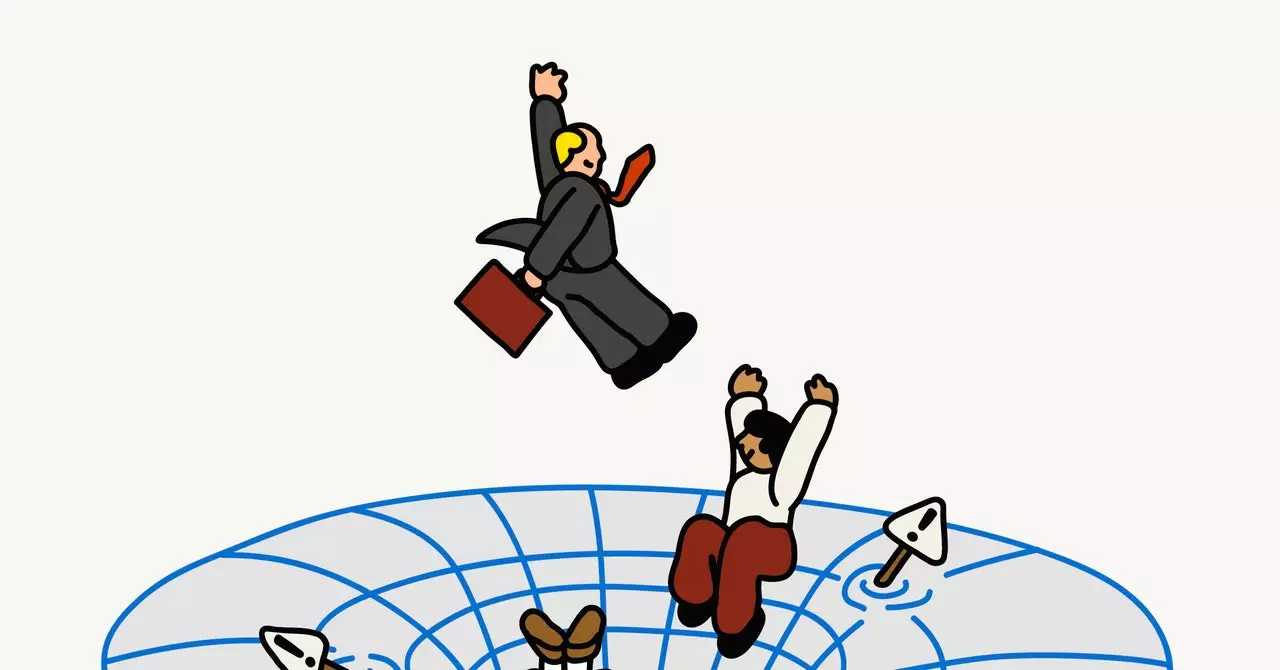As we navigate a rapidly evolving digital landscape, artificial intelligence (AI) has begun to alter our interaction with creativity. From art and music to writing, generative AI systems promise the ability to produce content that could rival that of human creators. However, in the present moment, these systems primarily excel at generating vast quantities of content that often lacks quality. This reality has profound implications across various industries, particularly in education and search engine optimization (SEO), where the distinction between human effort and machine output is increasingly blurred.
In the realm of higher education, the integration of AI poses significant challenges. As educators, we strive to assess students’ learning processes and their ability to produce quality work. With the influx of AI-generated material that can mimic academic writing styles, distinguishing genuine student effort from automated replication has become a daunting task. This situation raises essential questions about evaluation standards and the metrics we use to gauge understanding and creativity. Are we prepared to adapt our assessment frameworks to account for these advancements, or will we allow the subpar outputs of AI to undermine the integrity of educational accomplishments?
The domain of SEO showcases one of the most profound transformations brought about by AI. Traditionally seen as a technical craft aimed at enhancing visibility for businesses in search engines, SEO has become increasingly convoluted as AI-generated spam floods the web. This ‘dark art’ thrives on the production of thousands of seemingly legitimate pages laden with links, frustrating users seeking genuine information. The result is a state of disarray where the digital landscape is inundated with auto-generated content, pushing authentic human contributions to the sidelines.
As search engines like Google and Bing implement AI-based assistants to combat this surge of spam, we find ourselves at a crucial juncture. The advent of large language model optimization (LLMO) indicates an industry grappling with the overwhelming influence of machine-generated content, striving to deliver more human-centric results instead. However, in the process, questions arise about the moral implications of algorithmic biases and the commodification of human expression.
In this sea of AI outputs, original human voices are becoming increasingly valuable. As tech-savvy users search for authenticity on platforms like Reddit, they hope to find genuine human perspectives amidst the noise—but even this space is increasingly compromised by AI-generated interactions. To reclaim the authenticity we crave, we may need to venture to older corners of the web, such as MetaFilter, where human moderators keep machine contributions at bay.
This yearning for human connection underlines a broader cultural shift. As AI continues to saturate various domains of content creation, the demand for more authentic interactions becomes ever more pronounced. Surprisingly, despite the dominance of influencers in mainstream social media, countless individuals are turning to platforms that allow for a more intimate sharing of experiences—video makers crafting short clips for friends and family instead of chasing viral hits.
As we gaze into the future, particularly in the coming years, it becomes clear that the role of AI will only expand. Yet, this does not mean the demise of genuine human interaction; instead, it may foster a new paradigm where authentic voices are cherished even more. As machine-generated content inundates our digital experiences, the tools that help unearth human creativity will prove invaluable.
In an era where convenience often overshadows authenticity, the pursuit of meaningful connection could become a powerful counterforce. Whether through established platforms or emerging social media arenas, the human need to connect will endure, allowing us to carve out spaces free from the overwhelming din of artificial output. As we strive to preserve authentic communication, we must not only adapt our tools but also foster communities that champion human creativity in an age where it remains under threat.
The rise of AI-generated content presents both a challenge and an opportunity. The quest for authenticity in a sea of digital noise will guide the future of our interactions, ensuring that as technology evolves, the human spirit remains at the forefront of creativity and connection.

